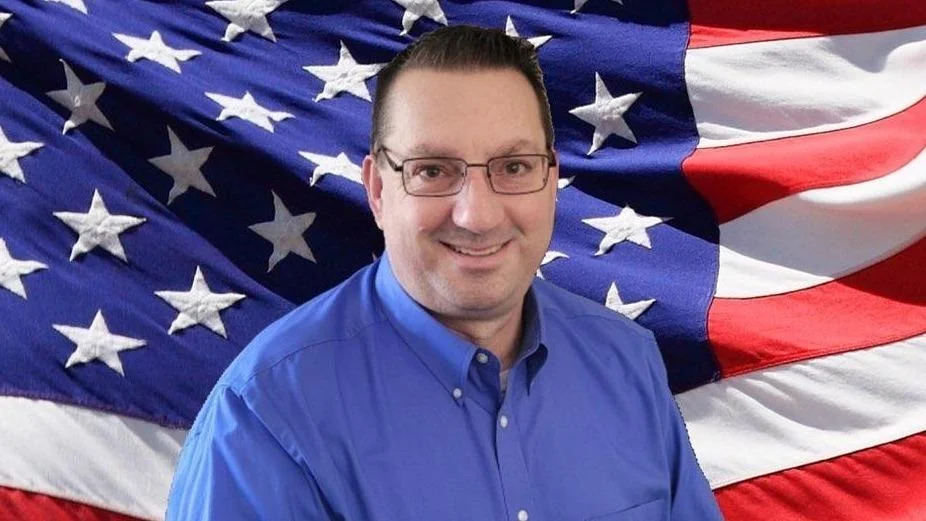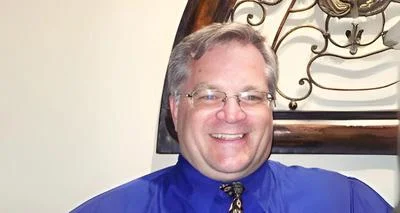Dave Maxey, Wisconsin State Representative for 83rd District | Facebook
Dave Maxey, Wisconsin State Representative for 83rd District | Facebook
According to the Wisconsin State Legislature's official website, the bill was described as follows: "allowing an unlicensed person to use a motor vehicle and providing a penalty".
The following is our breakdown, based on the actual bill text, and may include interpretation to clarify its provisions.
In essence, this bill amends Wisconsin state law to increase the penalties for allowing an unlicensed person to operate a motor vehicle. It raises the maximum fine from $100 to $1,000 for a first offense and up to $10,000 for second or subsequent offenses. The bill applies these penalties regardless of whether the person authorizing or permitting the operation had actual knowledge of the operator's authorization status under current motor vehicle operation laws. This legislation also includes provisions related to the rental of motor vehicles and applies the same penalty structure. The bill takes effect on the date of its enactment for violations occurring from that date forward.
The bill was co-authored by Senator Julian Bradley (Republican-28th District), Representative Barbara Dittrich (Republican-99th District), Representative Rick Gundrum (Republican-58th District), Representative Nate L. Gustafson (Republican-55th District), and Representative Brent Jacobson (Republican-87th District).
Dave Maxey has co-authored or authored another 48 bills since the beginning of the 2025 session, with none of them being enacted.
Maxey graduated from Waukesha County Technical College in 2002 with an AA.
Maxey, a Republican, was elected to the Wisconsin State Assembly in 2025 to represent the state's 83rd Assembly district, replacing previous state representative Nik Rettinger.
In Wisconsin, the legislative process starts when a senator, constituent, group, or agency proposes an idea for a bill. After drafting, the bill is introduced, numbered, and referred to a committee for review and public input. If approved, it moves through three readings and votes in both the Senate and Assembly. Once both chambers pass the same version, the bill goes to the governor, who can sign it, veto it, or let it become law without a signature. Only a small share of bills introduced each session ultimately become law. You can learn more about the Wisconsin legislative process here.
| Bill Number | Date Introduced | Short Description |
|---|---|---|
| AB143 | 03/17/2025 | Allowing an unlicensed person to use a motor vehicle and providing a penalty |
| AB81 | 02/28/2025 | Excluding expenditures funded by referenda from shared costs for the purpose of determining equalization aid for school districts. (FE) |
| AB70 | 02/24/2025 | A disclaimer of parental rights and payments allowed in connection with an adoption |
| AB47 | 02/17/2025 | Tuition and fee remission for certain veterans and their dependents enrolled in the University of Wisconsin System or a technical college. (FE) |


 Alerts Sign-up
Alerts Sign-up